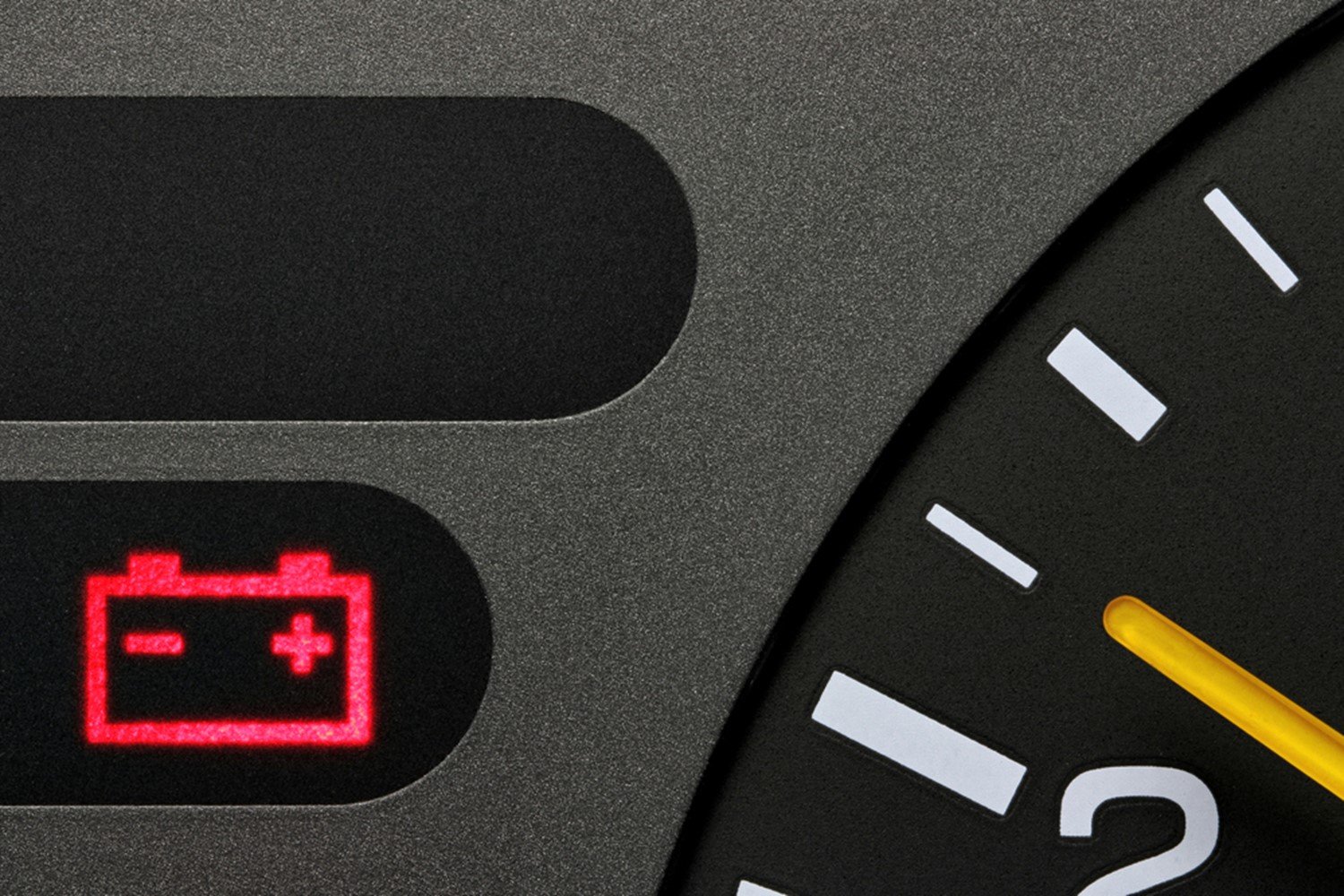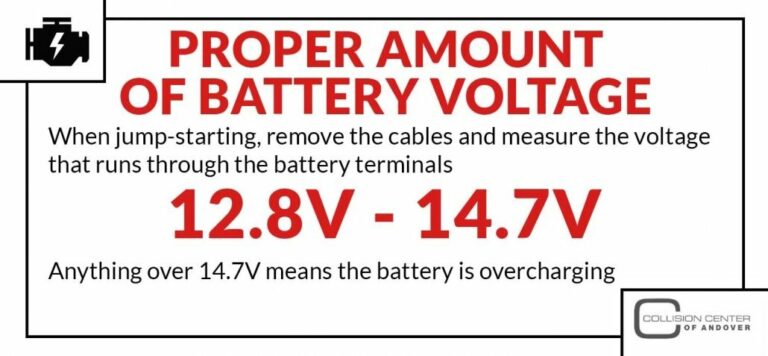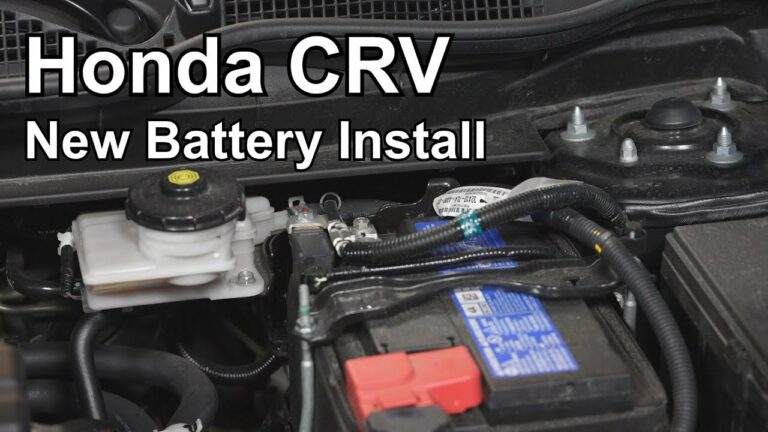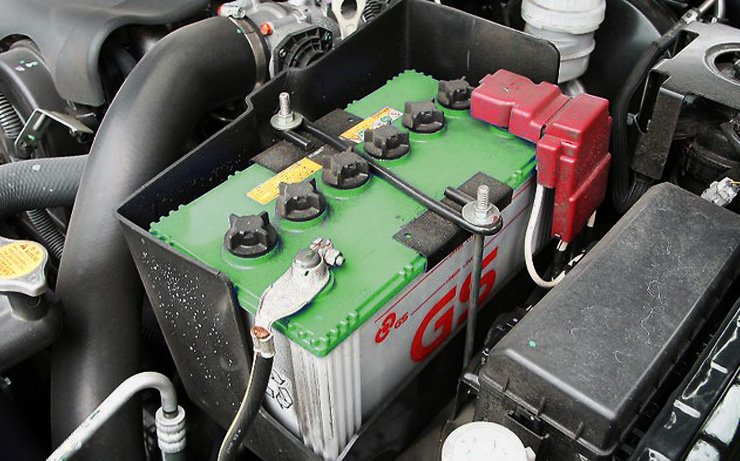Troubleshooting: Signs Of A Bad Car Battery
Today we discuss Signs Of A Bad Car Battery. Experiencing issues with your car battery? No need to fret, we’ve got you covered. Identifying signs of a failing car battery is typically straightforward once you know what to watch out for.
Whether it’s difficulty starting your vehicle or dimming headlights, these symptoms can be quite exasperating. However, fear not! In this guide, we will explore the common indicators of a faulty car battery and offer you solutions to quickly get you back behind the wheel. Let’s begin!
Signs of a Bad Car Battery:
Having a dependable car battery is crucial for your vehicle to run smoothly. It is responsible for starting the engine, powering the electrical systems, and ensuring everything operates as it should. Just like any other part of your car, the battery can deteriorate with use. Recognizing the warning signs of a failing car battery is important so that you can resolve the problem before it causes inconvenience.
Dim Headlights and Interior Lights:
Dim or flickering headlights and interior lights are among the typical indicators of a failing car battery. Insufficient power from the battery can result in lights appearing less bright than normal, especially noticeable at night or when multiple electrical components are in use.
Slow Engine Crank:
A fully charged car battery is essential for a smooth engine start. If you observe slow cranking or a delay in starting, it may indicate a weak battery lacking the required power to efficiently turn the engine.
Frequent Jump Starts:
Frequent need for jump starting signals potential battery issues. While occasional jumps may result from factors like leaving lights on, constant reliance on jump starts points to a more serious battery problem. It’s advisable to have it inspected to avoid future complications.
Swollen Battery Case:
Inspecting the physical condition of your car battery can also provide clues about its health. If you notice the battery case appears swollen or bloated, it’s a clear indication of internal damage. Swelling can occur due to excessive heat or overcharging, both of which can significantly reduce the battery’s lifespan.
Corrosion on Battery Terminals:
Over time, corrosion can accumulate on the battery terminals, hindering the flow of electricity. If you notice a white, ashy substance around the battery terminals or on the cables, it’s a sign of corrosion. This can lead to poor connections and weaken the battery’s performance.
Old Age:
Car batteries have a limited lifespan, typically ranging from three to five years. If your battery is older than this, it’s more prone to failure and should be closely monitored. Even if you haven’t experienced any specific signs of a bad battery, it’s a good idea to have it tested or consider replacing it preventively.
Electrical Component Malfunctions:
When a car battery is failing, it can affect the performance of various electrical components in your vehicle. You may notice issues with the power windows, radio, or other accessories. These malfunctions can be intermittent or consistent, depending on the severity of the battery’s deterioration.
Frequent Battery Replacements:
If you find yourself replacing your car battery frequently, it may indicate underlying issues with your vehicle’s charging system.
A faulty alternator or voltage regulator can lead to excessive strain on the battery, causing it to wear out quickly.
If you’ve had to replace your battery multiple times within a short period, it’s crucial to have your charging system inspected by a professional.
Warning Light on the Dashboard:
Many modern cars are equipped with a battery warning light on the dashboard. If this light illuminates while driving, it’s a clear indication that there’s an issue with the battery or charging system. To avoid potential breakdowns, it’s important to have the battery checked as soon as possible.
Unreliable Performance in Extreme Temperatures:
Extreme temperatures can put additional strain on your car battery. In cold weather, the chemical reactions within the battery slow down, reducing its ability to provide sufficient power.
Similarly, high temperatures accelerate the chemical reactions, causing the battery to degrade faster. If you notice that your battery struggles in extreme temperatures, it may be a sign of its declining health.
5 Symptoms Of A Bad Car Battery
Faqs for Signs Of A Bad Car Battery:
If you notice that your engine is taking longer to start or is struggling to turn over, it could be a sign of a weak battery.
If your headlights appear dimmer than usual, it could be a result of a failing battery. Dim headlights are a common symptom of a weak electrical system.
Electrical components, such as power windows, radio, and interior lights, may not function properly if the battery is faulty. If you experience any electrical malfunctions, it’s worth checking the battery.
If you turn the key and hear a rapid clicking sound but the engine fails to start, it often means the battery doesn’t have enough power to crank the engine.
Modern vehicles often have a battery indicator light on the dashboard. If this light remains lit while driving, it indicates a potential problem with the battery or charging system.
Car batteries typically last around 3-5 years. If your battery is older than this, it may be approaching the end of its life and more likely to cause issues.
Inspect the battery for any signs of physical damage, such as cracks, leaks, or corrosion. Physical damage can affect the performance and lifespan of a car battery.
Final Thoughts
recognizing the signs of a bad car battery is crucial for maintaining a reliable vehicle. Some of the key indicators include slow engine cranking, dim headlights, and a clicking sound when starting the car. These symptoms signal a weakened or dying battery, requiring prompt attention to avoid being stranded on the road. Regular battery maintenance, such as checking connections and ensuring proper charging, can help prevent these issues. So, if you notice any of the signs of a bad car battery, it’s important to address it promptly to ensure safe and uninterrupted driving.



